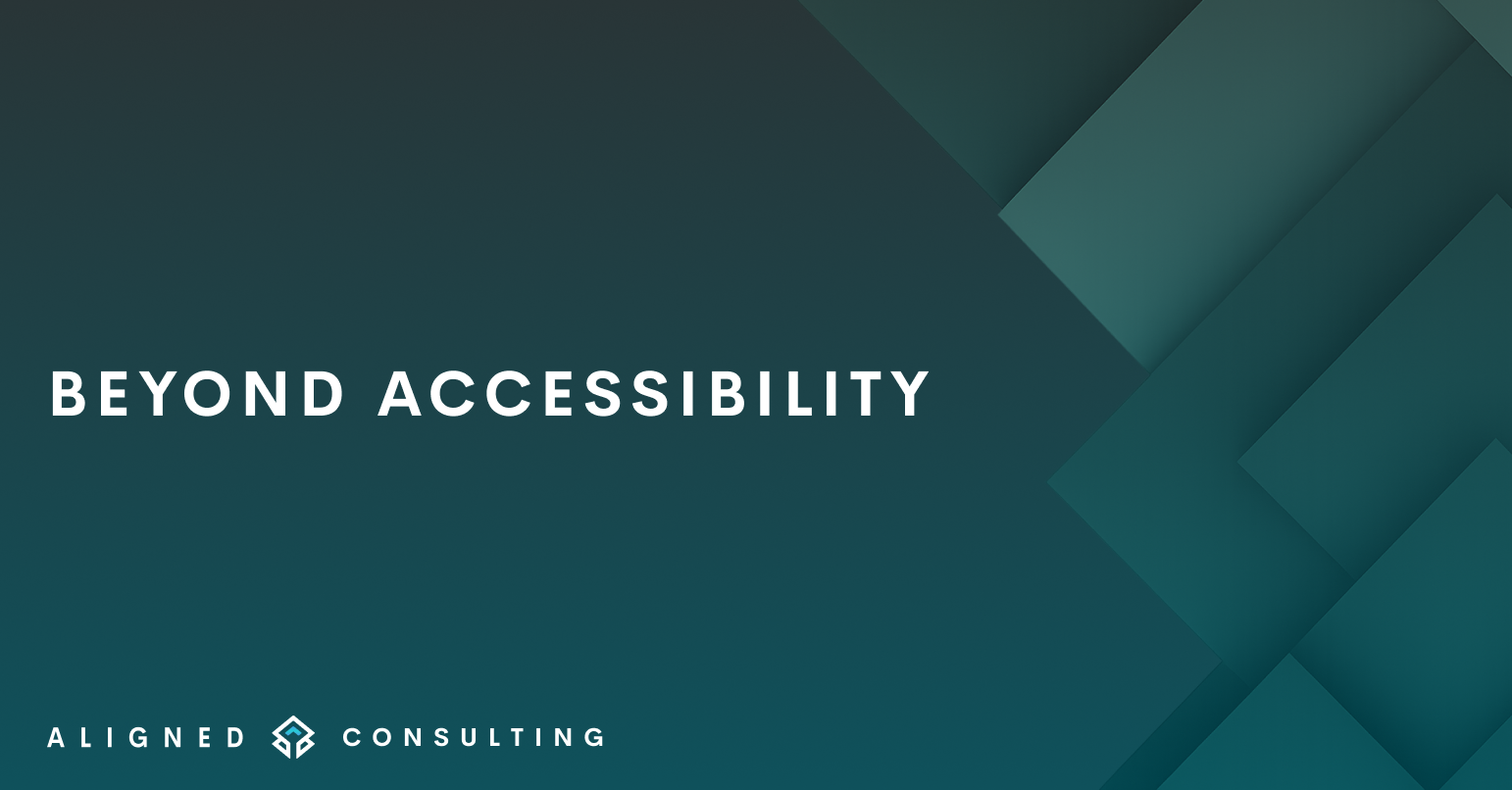
Rethinking Our Approach to Inclusive Design
The discourse surrounding accessibility requires fundamental reconsideration. In our current landscape, where exclusivity is marketed as aspirational, how can we meaningfully advance the principles of inclusive design?
The time has come to shift our rhetorical framework and position accessibility within the broader context of our societal structures and values.
The Paradox of Inclusion in an Exclusive Society
We cannot effectively advocate for inclusivity whilst operating within a society that elevates exclusivity as both a status symbol and an aspirational value. This fundamental contradiction undermines our efforts at every turn.
In today's wellness-obsessed culture that valorises perpetual youth, there is a collective reluctance to acknowledge the inevitable: our physical and cognitive capabilities will naturally diminish as we age, potentially resulting in various impairments.
The natural biological processes of ageing have become taboo subjects. In a world where pharmaceutical interventions and surgical procedures can modify appearances and temporarily obscure the passage of time, it becomes convenient to disregard the reality that beneath seemingly ageless exteriors lies the inescapable process of biological ageing.
Our society actively rejects the concept of ageing and refuses to accept the limitations of technology in preserving youth indefinitely.
The Strategic Challenge
How, then, might we persuade such a society of accessibility's critical importance?
As long as accessibility remains conceptually linked to realities that society itself refuses to confront, it will continue to be marginalised as an inconvenient afterthought.
Why would a society predicated on exclusivity invest in inclusivity?
Much like the inhabitants of Plato's cave, our society fixates on shadows whilst deliberately avoiding the illuminating light of truth.
We resist universal inclusion because of our aspirational desire to belong to exclusive elite groups.
The regulatory approach to accessibility—through laws, policies and standards—has inadvertently worsened public perception by framing it as an obligatory burden rather than an opportunity for innovation.
Beyond Regulation: Cultural Transformation
Historical precedent demonstrates that significant social change — such as the abolition of slavery — was not achieved through legislation alone but through profound cultural enlightenment.
Cultural evolution drives meaningful change, yet in our efficiency-driven, appearance-focused society, there is minimal space to address human limitations with compassion and foresight.
We require either a cultural revolution or innovative approaches to integrate accessibility into our existing cultural frameworks.
Reframing the Narrative: Information Democracy
The unvarnished truth is that accessibility is essential to fulfil the promise of our information age: we cannot progress until information becomes truly democratic and accessible across all demographics and contexts.
This extends beyond human access to encompass information compatibility across devices, cultures and contexts.
We are witnessing the emergence of information democracy—a paradigm shift that reframes accessibility not merely as a right to access information for marginalised groups, but as an opportunity for universal participation in our shared historical moment.
A Forward-Looking Perspective
It proves counterproductive to remind people of inevitable ageing and potential impairment—this approach does a disservice to the transformative potential of accessibility.
Accessibility accomplishes far more: it enables content, experiences and ideas to transcend temporal, technological, personal and cultural boundaries.
This isn't merely accessibility—it’s information democracy and experience design. Accessibility serves as the vehicle that transports our thoughts, innovations and experiences into the future, across space and time, unlocking new dimensions of possibility.
Time for Change
We must cease framing this as merely ‘accessibility’.
We must stop centring the discourse on human rights in an era that regards such concerns with ambivalence.
We must abandon the notion that legislation, policies or standards alone provide adequate solutions.
This rhetorical approach has consumed valuable time: over fifteen years, the narrative has remained stagnant whilst progress has been insufficient.
The Strategic Pivot: Information Experience
The time has come to transform the narrative and reveal accessibility’s true potential: it represents the key to unprecedented opportunities and dimensions. Rather than ‘accessibility’, we should adopt the term ‘information experience’.
In our experience economy, information experience represents an innovative approach to creating timeless, enduring content that outlives its creators. It offers a strategic method to promote information democracy in a society that has demonstrated inadequate commitment to democratic principles.
The moment has arrived to revolutionise our communication strategy regarding accessibility, with the objective of altering current practices and ensuring information reaches everyone, everywhere, at any time.


